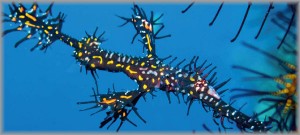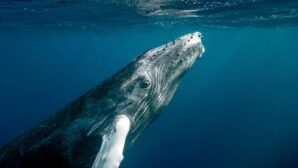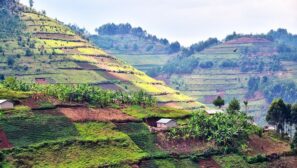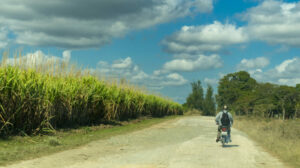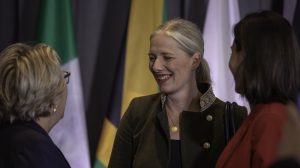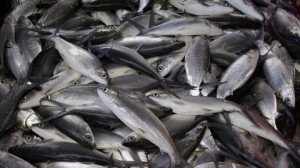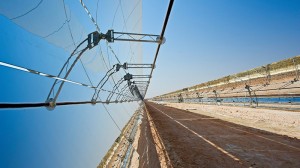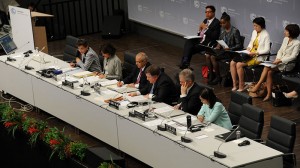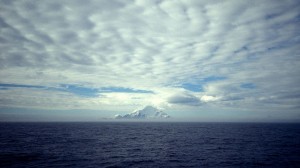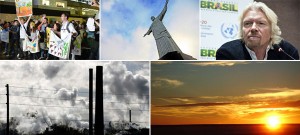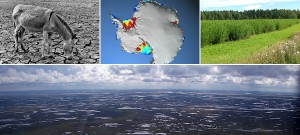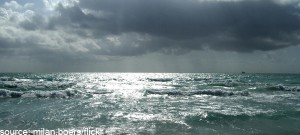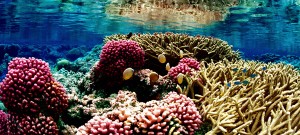Search Results for 'oceans week'
Photo of the week #12: The threat of warming oceans
This week’s photo of the week comes from the ocean depths in Bali’s coral reefs.
A rocky path to Cop28 – Climate Weekly
Sign up to get our weekly newsletter straight to your inbox, plus breaking news, investigations and extra bulletins from key events
It’s high time for the high seas – Climate Weekly
Sign up to get our weekly newsletter straight to your inbox, plus breaking news, investigations and extra bulletins from key events
Africa at risk – Climate Weekly
Sign up to get our weekly newsletter straight to your inbox, plus breaking news, investigations and extra bulletins from key events
It’s all about 2020 now – Climate Weekly
Sign up to get our weekly newsletter straight to your inbox, plus breaking news, investigations and extra bulletins from key events
Climate Weekly: Facing the land use squeeze
Sign up to get our weekly newsletter straight to your inbox, plus breaking news, investigations and extra bulletins from key events
Climate Weekly: China talks the talk…
Sign up to get our weekly newsletter straight to your inbox, plus breaking news, investigations and extra bulletins from key events
Climate Weekly: What to watch in 2019
Sign up to get our weekly newsletter straight to your inbox, plus breaking news, investigations and extra bulletins from key events
Climate Weekly: G7 spotlights Canada’s climate dissonance
Sign up to get our weekly newsletter straight to your inbox, plus breaking news, investigations and extra bulletins from key events
Fish farms offer test ground for acidifying oceans – study
While rising CO2 levels have been shown to harm wild fish, shellfish and corals at sea, farmed fish can thrive in similar conditions
Weekly wrap: Gulf States eye oil-free future
UAE eyes greener future, UN climate chief bullish post Paris, China emissions fall, 2015 temps hit new record + Davos 2016 round-up
Weekly wrap: Bonn briefing, food and farming
WEEKLY WRAP: This week’s top climate politics and policy stories. Sign up here to have our Friday briefing sent to your inbox
Global warming hits oceans, Addis cash and outline climate deal
WEEKLY WRAP: All you need to know from the last seven days of international climate change and energy politics
Climate change could ‘undermine’ oceans by 2100
Decline in the productivity of marine organisms could affect 470 to 870 million of the world’s poorest people warn scientists
A week in climate change: Five things we learnt
In a Rio+20 special, we take a look back over at the news over the last seven days from both the Earth Summit negotiations and beyond to find out what we can learn from events this week.
A week in climate change: five things we learnt
Positive action on desertification, climate change migration and sustainable biofuels, it’s been a busy week for climate change. Here’s what the team at RTCC has learnt this week.
A week in Climate Change: Five things we learnt
RTCC takes a look back on a week in climate change to see what lessons can be taken away from the big headlines this week…
Comment: Why should we care about the oceans?
Oceans cover 70% of the earth’s surface, and provide 99% of the world’s living space, but mankind is slowly destroying a key source of food, the planet’s thermostat and a home to millions of species.
Oceans could be 150% more acidic by 2100
Head of UNESCO’s Intergovernmental Oceanographic Commission tells RTCC that acidification of the oceans must be recognised as a ‘critical issue and acted upon’ at Rio+20
RTCC Q&A: Climate Change and the Oceans
RTCC takes you through the science of climate change and the oceans.
